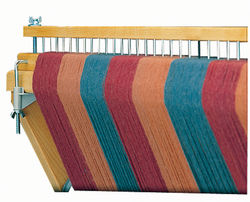But interlaced with his success is a tale of mendacity, deceit, coercion, and theft.A Book for Today: The Informant by Kurt Eichenwald
No more syllabi: how do questions define work tasks?
-
Once we recycle our school notebooks and leave our classroom behind, there
are no more rubrics. There is rarely a syllabus or a well-written
assignment. In...
1 year ago







